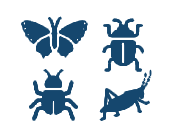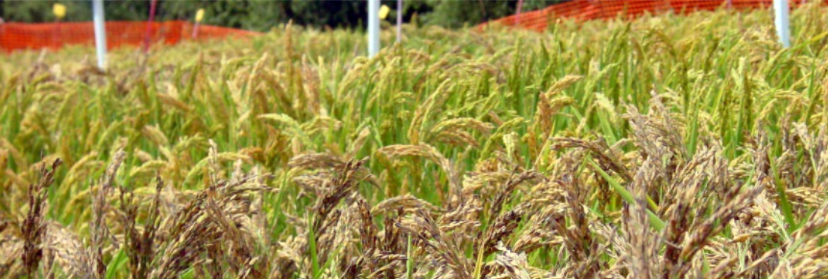Summary
A value-chain related contract solution, where rice with higher standards is produced (integrated production of selected varieties). In the case study, rice producers are associated and work together to produce rice in partial and full organic production of high standards.
Objectives
The contract between the rice producers and the association (Arrozua) leads to a higher provision of the following public goods:
− Landscape and scenery (preservation of managed wetland)
− Biodiversity: The Arrozua program requires a limitation of agro-chemicals
applied and maintenance of flooding to preserve biodiversity of migrating birds
from Africa to Europe,
− Rural viability and vitality (secure economic viability of the farmers in the
Doñana region through the sale of rice with fixed prices).
- Preserve coastal wetland and secure biodiversity conservation
- Secure economic viability of the farmers in the Donana region
- Secure high production standards according to consumer preferences.
Public Goods







Problem description
The sustainability of rice production in coastal wetlands is jeopardised by four main threats: water scarcity, decrease in financial support from the CAP, competition for water to preserve biodiversity, and future climate projections.
Current policies are insufficient in response to these kinds of threats and concerns, since they do not consider collective action or time scale. Most local and regional actors are only concerned about the three first threats, and consider the need to deal with climate change as very low priority. In contrast, this last threat is the main focus of international actors.
The high degree of collaboration between producers could be sufficiently important to define new collective action policies and contract solutions to preserve biodiversity. It will be important to incorporate public opinion into the processes of developing contract solutions, since the public opinion is fundamental in the area of the case study.
